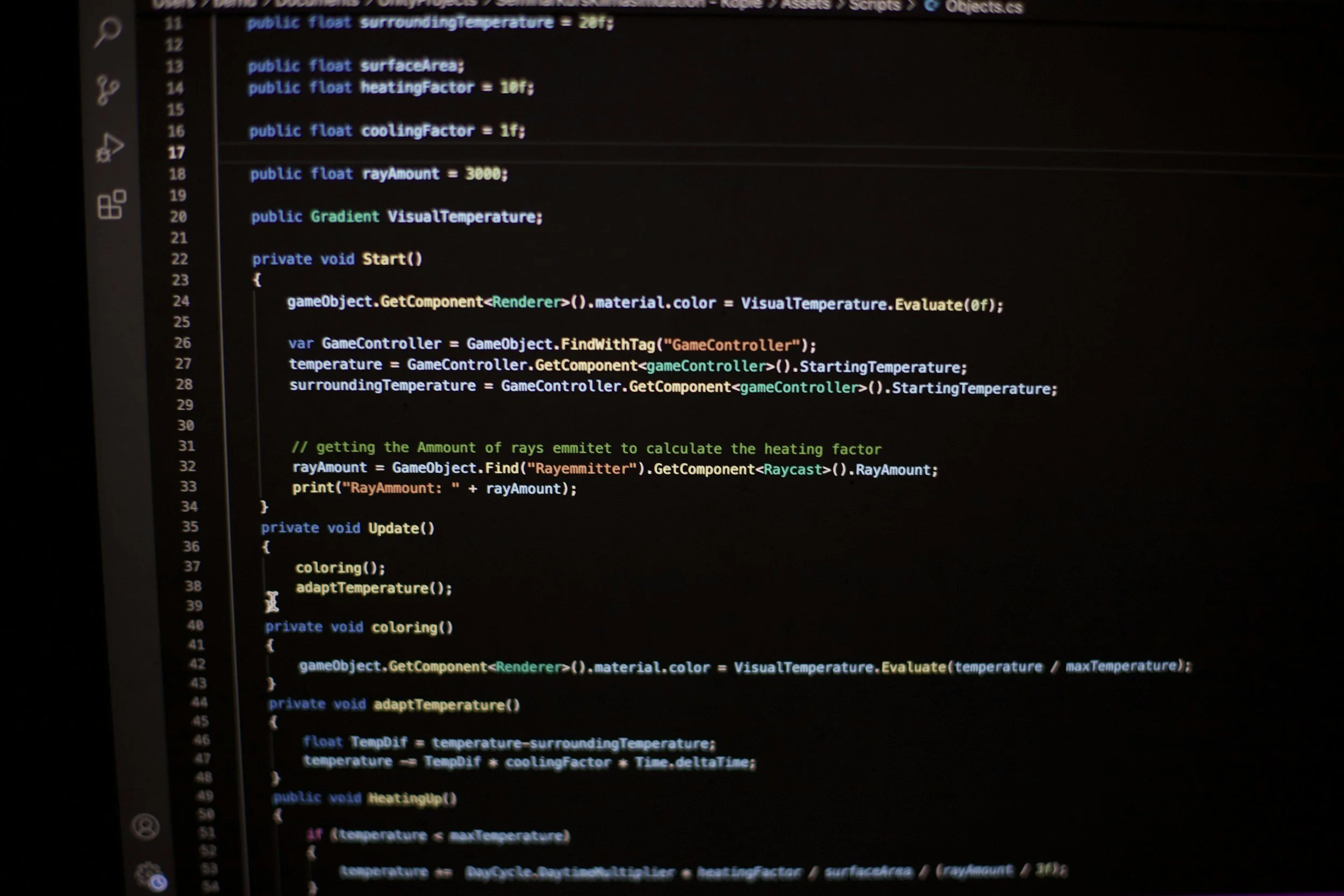
INRI’s Patent Bootcamp
Learn everything you should know before getting a patent in four short videos.

Protect your company’s most valuable asset: Its technology.
Specialization matters. INRI Patent Law, PLLC isn’t just a law firm - it’s a patent law firm built on attorney expertise cultivated by representing everyone from Fortune 500 corporations to early-stage startups. Reach out for a free initial consultation today to take the first step to protecting your business’s most valuable asset.

Large firm expertise with a small firm feel.
INRI exists to serve inventors across the United States. INRI’s founder, Brad Henkelman, started his career at two of the leading patent firms in the nation, where he assisted sophisticated clients (including several Fortune 500 corporations) in complex patent matters. Brad created INRI to merge the legal proficiency of a large firm with the responsiveness and care of a small firm, providing a transparent flat-rate billing structure across all services.
INRI combines legal expertise, technical acumen, and a business-centered patent approach to provide inventors with the best possible protection for their inventions. With a broad spectrum of expertise representing top names across sectors like software, energy, medical devices, and telecommunications, INRI’s counsel can assist with all your patent needs, from a free initial consultation to full-scale portfolio management.

Services
Patent Application Preparation and Prosecution
INRI specializes in crafting well-drafted patent applications that clearly define your invention’s uniqueness. We manage the entire prosecution process, including responding to office actions and working with patent examiners to secure strong, enforceable patents tailored to your needs.
Patent Portfolio Management
Our Freedom-to-Operate (FTO) analysis helps clients assess the risk of patent infringement by thoroughly reviewing existing patents and pending applications. We identify potential obstacles in your technology’s development and provide strategic guidance to avoid costly litigation or unnecessary licensing fees.
Freedom-to-Operate Analysis
Effective patent portfolio management ensures that your intellectual property is aligned with your business objectives. We help clients assess, monitor, and strategically grow their patent portfolios.


Frequently Asked Questions
-
How long does it take to get a patent?
On average, it takes 18 to 36 months for the USPTO to examine a patent application. You can pay extra to move faster under prioritized examination, which can reduce the timeline to about 12 months.
-
Can I patent my invention?
Yes - if your invention is novel, non-obvious, and falls under a category of patentable subject matter. Visit https://www.youtube.com/watch?v=d2GMFETc_IY for more details.
-
What is the difference between a provisional and non-provisional patent application?
A provisional patent application establishes an early filing date but never matures into a patent by itself. A non-provisional application is examined by the USPTO and can issue as a patent. Most inventors file a provisional first, then convert to a non-provisional within 12 months.
-
How much does it cost to file a non-provisional patent application in the U.S.?
Most non-provisional patent applications range from $8,000 to $15,000+ for professional drafting and filing. INRI’s fees are toward the lower end of that range. Additional fees are typically incurred throughout examination of the patent application, in addition to maintenance fees. Go to INRIpatentlaw.com/patent-cost-calculator to learn more.
-
INRI has attorney expertise built from working with Fortune 500 companies. How do you keep costs lower than average?
INRI prioritizes attorney expertise, client service, and a lean business model over the bells and whistles of a traditional law firm. By operating without a physical location and with minimal advertising costs, INRI is able to provide high-quality patents at a small-firm price.
-
Can I file a patent myself without a lawyer or patent agent?
Technically yes; however, it’s almost never a good idea. About 76% of pro-se applications become abandoned, as compared to 35% of represented applications. Some fields - like simple copyright registrations - can somewhat reasonably be performed pro se with sufficient research. However, the complexity and high-risk nature of patent law is such that it virtually never makes sense to try to draft a patent alone.
